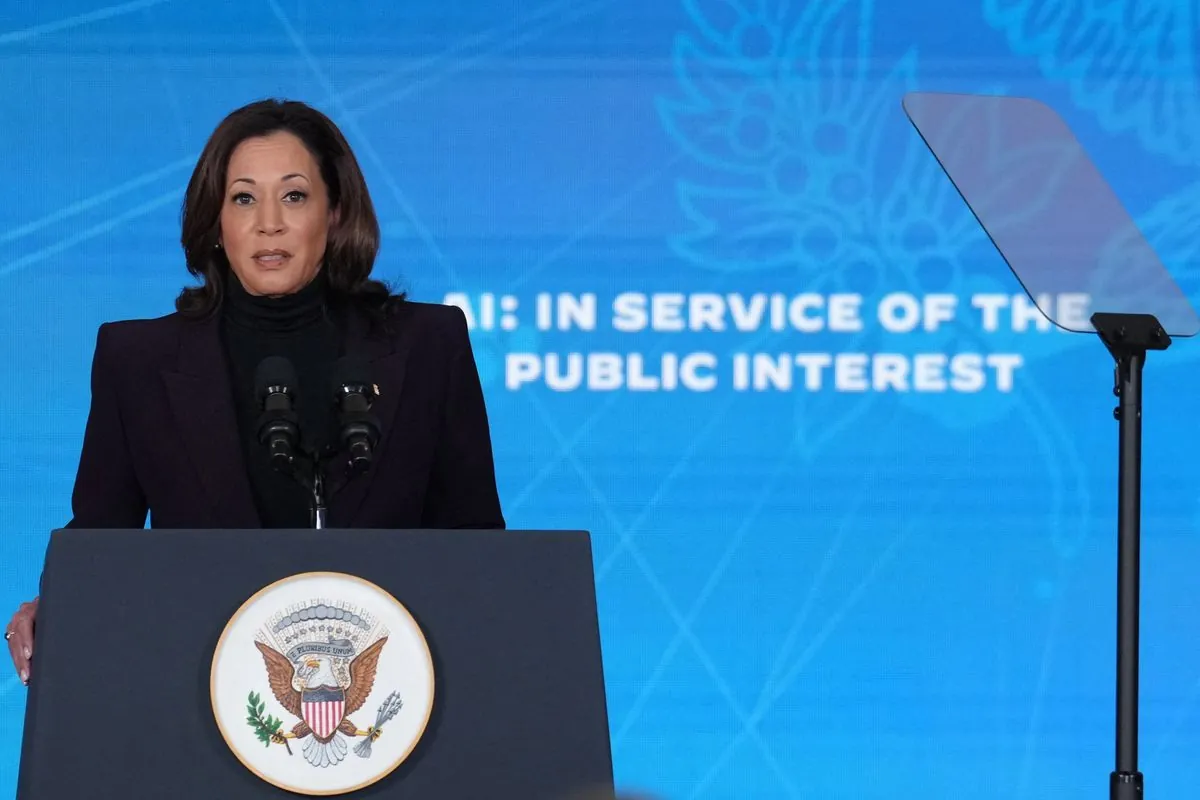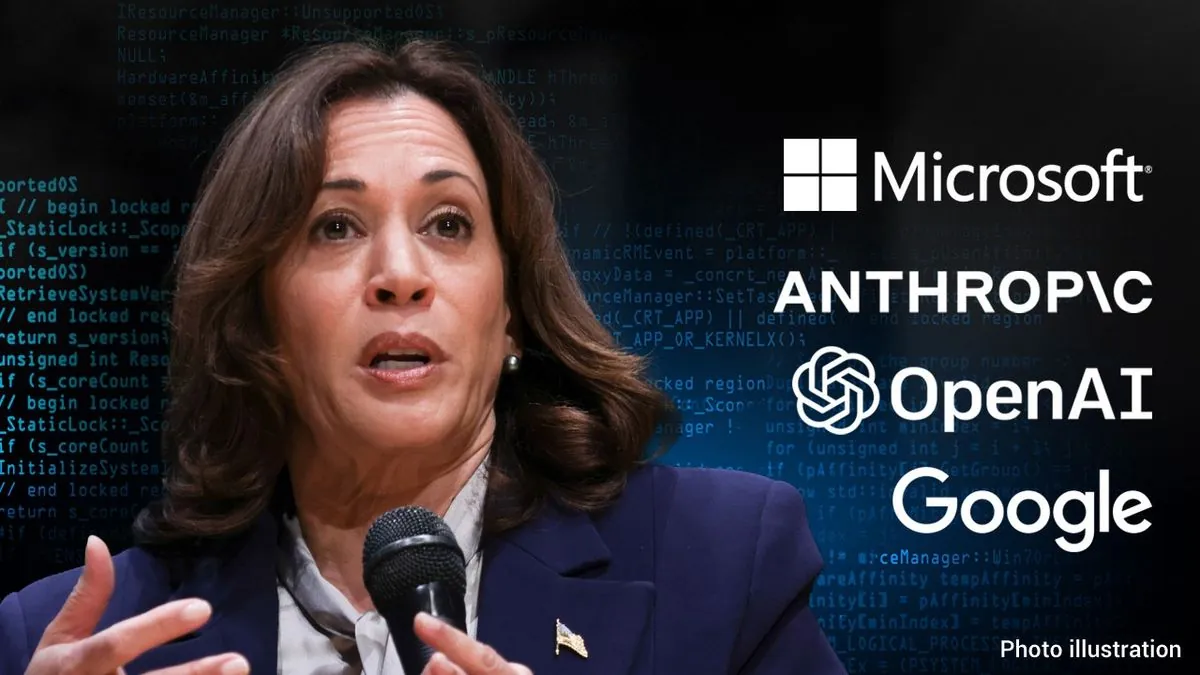Kamala Harris: Shaping Modern Foreign Policy in the Digital Age
Vice President Kamala Harris brings unique expertise in high-tech threats to U.S. foreign policy. Her experience on Senate committees and as California's AG has prepared her for 21st-century challenges.

Kamala Harris, the current Vice President of the United States, has emerged as a key figure in shaping modern foreign policy, particularly in addressing high-tech threats and cybersecurity challenges. Her unique background and experiences have positioned her as a leader in tackling 21st-century global issues.
Harris's journey in foreign policy began in January 2017 when she was sworn in as a U.S. Senator. During her tenure, she served on the Intelligence and Homeland Security committees, gaining crucial insights into emerging threats. This experience, combined with her background as California's Attorney General, provided her with a solid foundation in understanding the intersection of technology and national security.
One of Harris's primary focuses has been on cybersecurity and election integrity. In 2018, she co-sponsored the Secure Elections Act, demonstrating her commitment to protecting democratic processes from foreign interference. Her work on these issues has been praised by colleagues across the political spectrum, with former Republican Senator Richard Burr describing her as a "quick study" and "very effective."
Joe Biden, known for his extensive foreign policy experience, has found in Harris a complementary partner who brings a fresh perspective on modern threats. While Biden's expertise is rooted in traditional diplomacy, Harris's approach is shaped by her understanding of emerging technologies and their potential impact on national security.
Harris's unique background has also influenced her worldview. Born on October 20, 1964, in Oakland, California, she became the first South Asian American and African American woman to be elected Vice President. Her diverse heritage and experiences have informed her approach to global issues, particularly in promoting democratic values and addressing racial justice on the international stage.

In her role as Vice President, Harris has continued to focus on high-tech threats. She has worked with French President Emmanuel Macron on space and cybersecurity initiatives and represented the United States at the Global Summit on AI Safety. These efforts highlight her commitment to ensuring America's leadership in emerging technologies and addressing potential risks associated with artificial intelligence and quantum computing.
Harris's approach to foreign policy is deeply rooted in her understanding of the interconnectedness between domestic and international challenges. Her experience investigating Russian interference in the 2016 U.S. election has shaped her perspective on the vulnerability of democratic institutions to both foreign and domestic threats.
"In order to understand how Kamala Harris approaches foreign policy, it's important to remember she began work in the Senate in the same month that every U.S. intelligence agency declared that Russia intervened in our 2016 election."
As the 2024 election approaches, Harris's unique blend of experiences in technology, law enforcement, and national security positions her as a key asset in addressing the complex challenges facing the United States on the global stage. Her focus on preserving democratic norms and countering high-tech threats reflects a modern approach to foreign policy that is likely to shape America's international relations in the years to come.


































